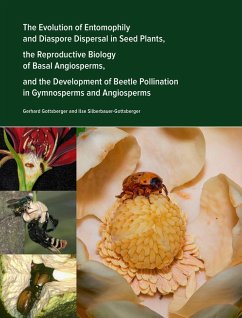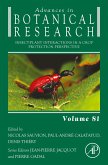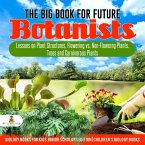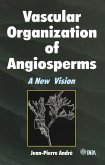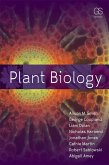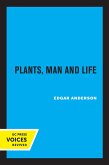The book provides up-to-date information of evolution of land plant reproductive biology (pollination modes, seed dispersal and breeding systems) during the last 400 million years. What were the characteristics of the hypothetical survivors of early angiosperms? These questions are an active area of research and debate today. The third part of the book considers the importance of beetles in pollination, in certain gymnosperms, and in basal and certain advanced angiosperms. The facts and discussions presented in this book, based on the author¿s broad experience and critical review of the pertinent literature, makes this tome an indispensable tool for biologists interested in the evolution of plant reproductive biology.
Dieser Download kann aus rechtlichen Gründen nur mit Rechnungsadresse in A, B, BG, CY, CZ, D, DK, EW, E, FIN, F, GR, HR, H, IRL, I, LT, L, LR, M, NL, PL, P, R, S, SLO, SK ausgeliefert werden.

